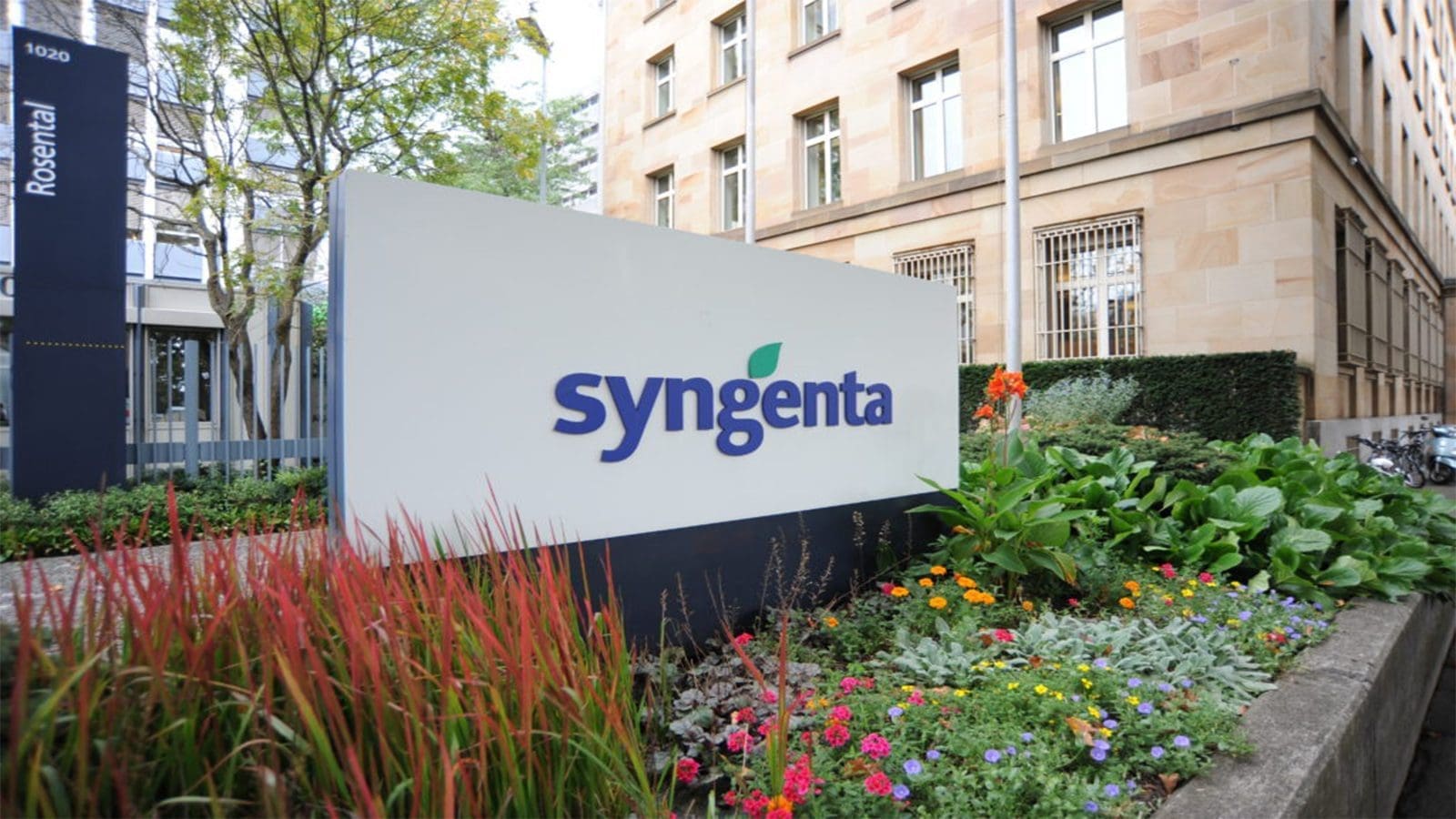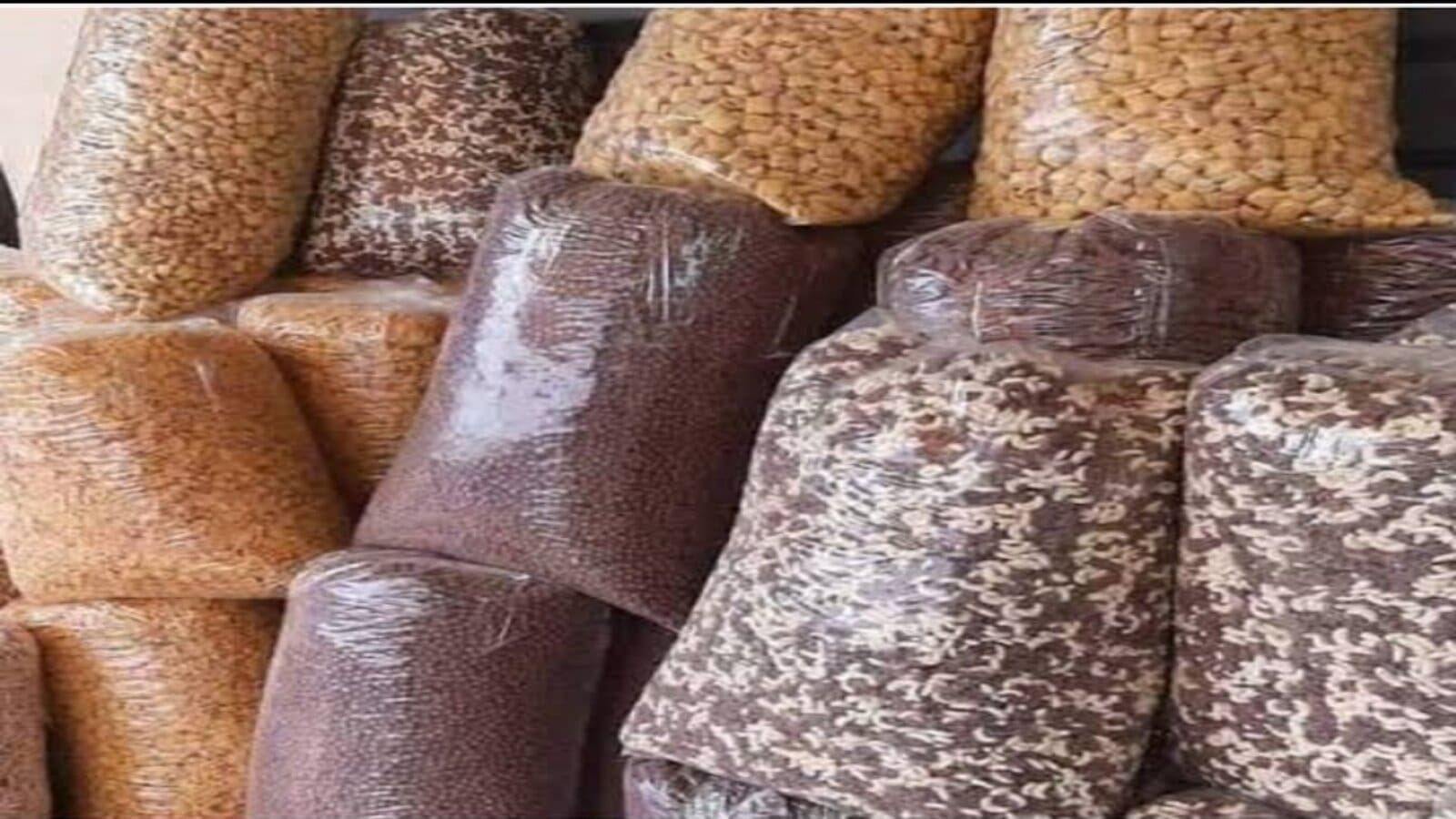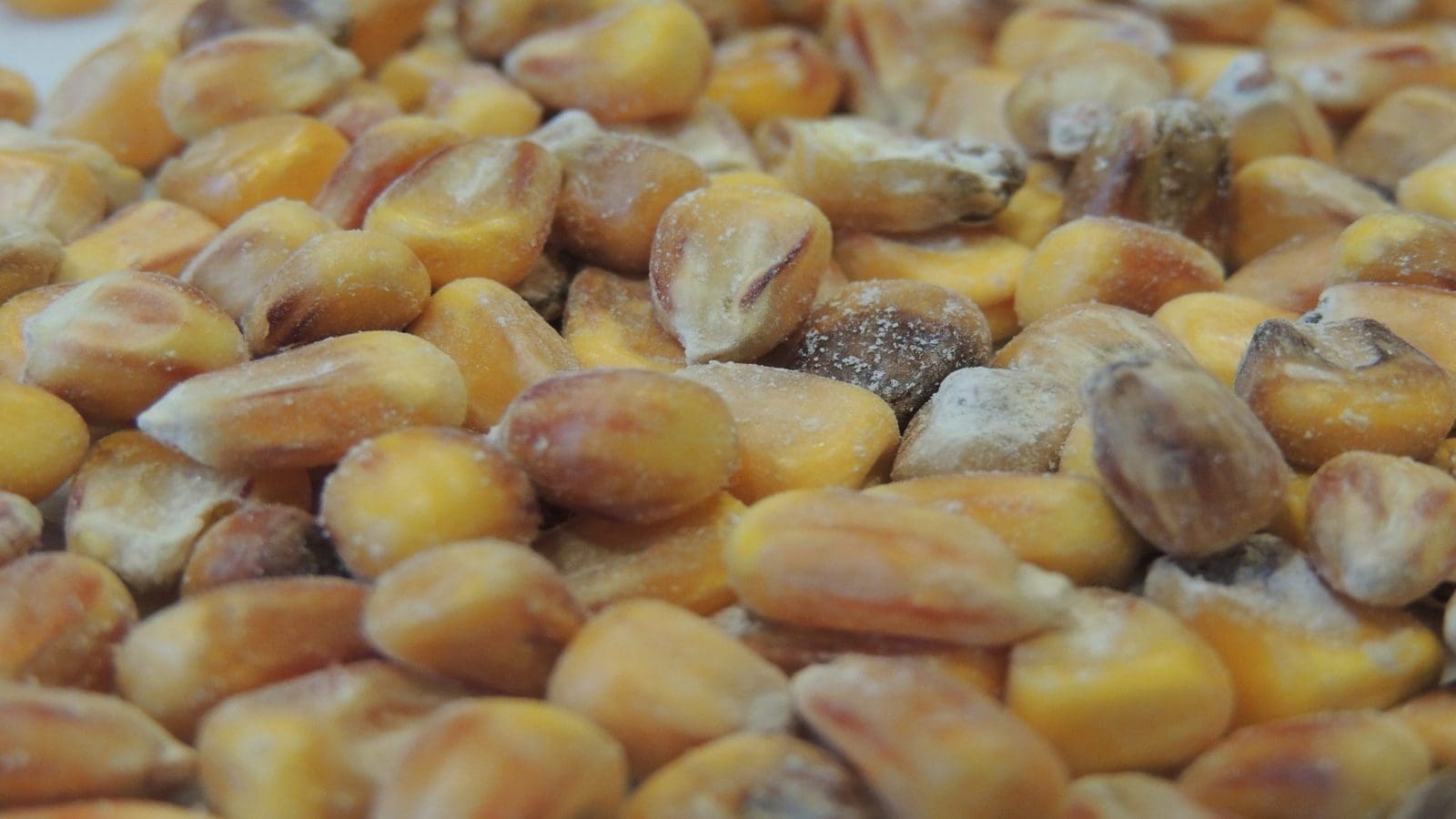SWITZERLAND- Syngenta Crop Protection and Aphea.Bio have partnered to bring a new wheat seed treatment technology to European markets, aiming at helping farmers improve sustainability through better yields and reduced fertilizer use.
The new seed treatment technology to be introduced is ACTIV by Aphea.Bio.
It is a biostimulant applied as a seed treatment on wheat; based on beneficial microorganisms that improve the crop’s nutrient use efficiency, enabling as much as 5% higher yields, even while using less fertilizer.
“We are excited to launch our first wheat biostimulant in partnership with Syngenta,” said Isabel Vercauteren, CEO and co-founder of Aphea.Bio.
This strategic partnership plans to accelerate the introduction of ACTIV by Aphea.Bio across Europe over the next five years, once the move receives regulatory approval.
The companies said this move will place the technology in the hands of farmers seeking to improve the sustainability of their farming operations.
“We are excited to announce this collaboration with Aphea. Bio, which supports our important ambition of helping feed ever-growing populations in more sustainable ways,” said Jonathan Brown, head of Global Seedcare at Syngenta Crop Protection.
The introduction of ACTIV by Aphea.Bio represents an additional building block in the strategy to achieve healthy soils by supporting crops through beneficial microorganisms, as opposed to relying fully on synthetic fertilizers.
This partnership is a demonstration of the companies’ commitment to safeguarding yields while reducing nitrogen inputs and, therefore, contributing to the reduction of greenhouse gas emissions, which is one of the goals of the European Union’s Green Deal.
Reducing the use of synthetic fertilizers is critical
The levels of atmospheric nitrogen, along with biological nitrogen fixation, are often not enough to provide adequate supplies of nitrogen to the growing crops, and synthetic fertilizers and manure provide the needed nitrogen levels.
However, the production and use of fertilizers have environmental consequences, including the emission of certain greenhouse gases.
According to a new study by researchers from the University of Cambridge, fertilizer production and deployment account for five percent (5%) of humanity’s greenhouse gas emissions.
The researchers recommend that carbon emissions from fertilizers urgently need to be reduced but this must be balanced against the need to produce food for the world’s populations.
Moreover, earlier research estimated that 48 percent of the global population is currently fed with crops produced using synthetic fertilizers
Therefore, the demand and use of fertilizers are bound to rise as the world’s population is set to increase by 20 percent before 2050.
According to the University of Cambridge research, a combination of scalable technological and policy solutions could reduce fertilizer emissions while maintaining food security.
The researchers estimate that, if such solutions could be implemented at scale, the emissions from manure and synthetic fertilizers could be reduced by as much as 80 percent without a loss of productivity.
Novel solutions to a burgeoning challenge
The achievement of this 80% reduction needs different kinds of interventions in the near future to ensure the world is still fed sustainably.
According to Dr. André Cabrera Serrenho, one of the co-authors of the University of Cambridge research, there is an incredibly inefficient use of fertilizers globally.
However, as we work on ensuring more efficient application of fertilizers, there is a place for policy changes and novel technologies to reduce the environmental damage associated with the use of these fertilizers.
“Perhaps that means paying farmers to produce fewer emissions, perhaps that means paying more for food. We need to find the right mix of financial, technological, and policy solutions to reduce emissions while keeping the world fed,” Serrenho added.
While there are no perfect solutions, new technologies like the ACTIV biostimulant could play a significant role in reducing the environmental harm that results from the use production and use of synthetic fertilizers.
Such solutions, combined with more conventional ways of maximizing the utilization of nitrogen, such as crop rotation, could go a long way to reduce the environmental toll of fertilizers.
For all the latest food industry news from Africa and the World, subscribe to our NEWSLETTER, follow us on Twitter and LinkedIn, like us on Facebook and subscribe to our YouTube channel










